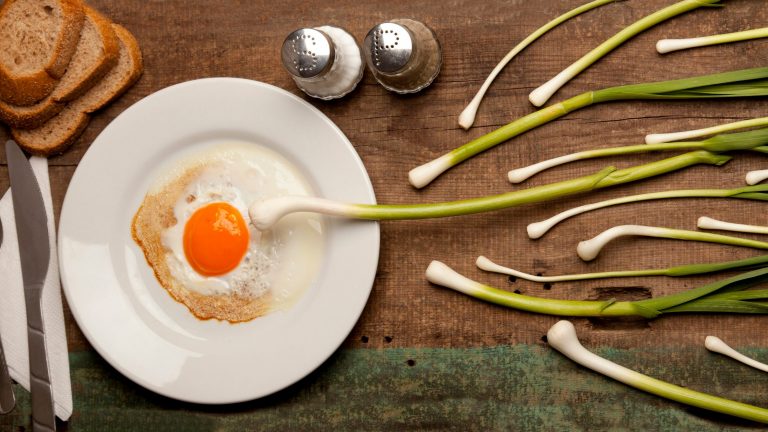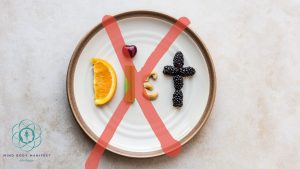
5 easy ways to boost fertility
Did you know that the leading causes of infertility such as ovulation disorders, endometriosis and male factor infertility are heavily influenced by diet and lifestyle? Eating a nutritious diet and making positive lifestyle changes can help boost fertility and prepare your body for pregnancy.
Here are five simple, supportive tips you can put into practice today:
Take a prenatal multivitamin. A high-quality multivitamin will contain methylated B vitamins, such as folate, vitamin B12 and vitamin B6. Folate is crucial for preventing neural tube defects in the first weeks of pregnancy. A multivitamin will also include antioxidant nutrients such as vitamin C, vitamin E, selenium and zinc, which are important for both female and male fertility as they help protect egg and sperm cells from the free radicals that can damage them.
Eat the rainbow! I’m sure you’ve heard this one before and it’s a great habit to get into because it’ll help you to get an abundance of antioxidants which are important for supporting both egg and sperm quality. It’s as straightforward as eating all the colours of the rainbow every day. Why do we need to eat a variety of colours? Different pigments contain different plant nutrients and they each have unique properties and health benefits. For example, orange-coloured vegetables and fruits (carrots, orange bell peppers, pumpkin, sweet potatoes, turmeric, apricots, blood oranges, cantaloupe, mandarins, passion fruit and papaya) are thought to be supportive of egg quality as they contain carotenoid compounds; antioxidants that are particularly concentrated in the ovaries. These carotenoids are also associated with improved sperm concentration.
Eat fibre. Aim for at least 30g of fibre every day. This should be easy to achieve if you make vegetables the foundation of your diet. Fibre acts as fuel for your gut bacteria and helps prevent constipation. It’s very important to move your bowels every day to support detoxification, as your body gets rid of old hormones via your stool. Constipation can interfere with this process and promote hormone imbalance. Include both soluble and insoluble fibre in your diet, from vegetables, oats, legumes, apples, flaxseeds, psyllium and wholegrains. Chia seeds are especially helpful (why not make a chia pudding? Yum!).
Eat oily fish. Cold-water oily (fatty) fish is the richest dietary source of the essential omega-3 fat DHA. DHA is vital for foetal brain development, lowering inflammation, hormone balance and sperm quality. Oily fish ticks a lot of other important fertility nutrient boxes too, such as vitamin B12, choline, iron, selenium and zinc. Choose fish species with high levels of DHA and low levels of heavy metals (such as mercury) and contaminants, e.g., Atlantic mackerel, herring, rainbow trout, sardines and wild Alaskan salmon. Include oily fish in your fertility diet two to three times a week.
Optimise sleep. Sleep is the ultimate pause you need at the end of the day to rest and clean up. Research has shown that women getting less than seven hours of sleep are 15% less likely to get pregnant than women who got seven to eight hours. Melatonin is a hormone that regulates the sleep-wake cycle and is also thought to influence fertility. Melatonin receptors are found on ovarian cells and the fluid in ovarian follicles contains high concentrations of melatonin and these levels rise leading up to ovulation. Melatonin is extremely light sensitive; your brain decreases production in response to light. Avoid or at least reduce blue light at night, especially in the hour before bedtime and sleep in absolute darkness to support melatonin production. Use a sleep mask or black-out blinds if your room isn’t completely dark. Finally, try to stick to a consistent sleep-wake cycle, even at the weekends and aim to get early morning light exposure to help support your body’s circadian rhythm.
Charlotte Grand is a nutritionist, author and fertility expert. Her debut nutrition and lifestyle cookbook The Fertility Kitchen: The Essential Guide to Supporting Your Fertility, published by Quercus Books is now available to pre-order.
Contact Details
Website: https://thefertilitykitchen.co.uk/






